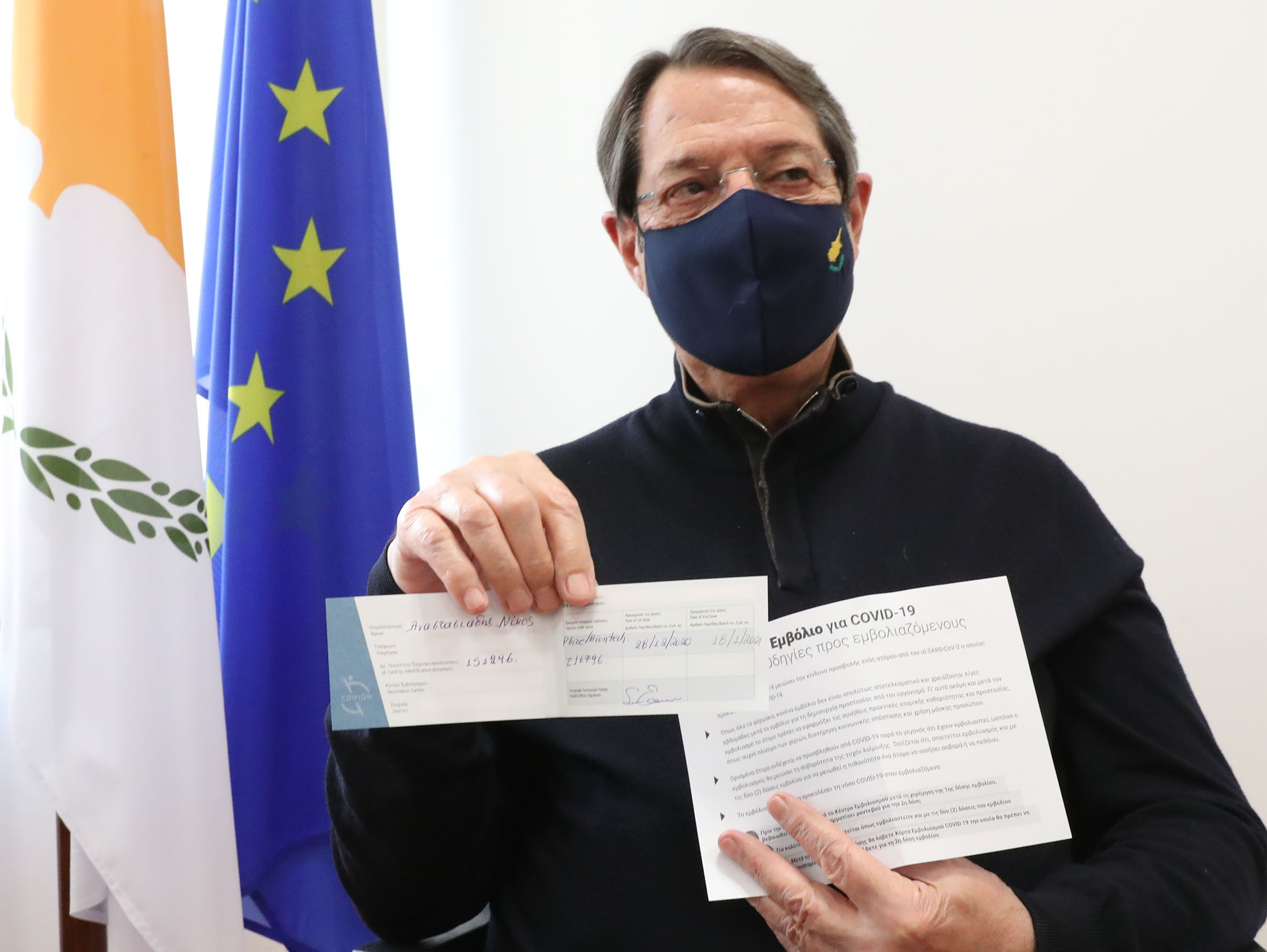Looking back at 2020, the thick fog of coronavirus which enveloped our lives as the pandemic accelerated has restricted visibility to see anything else of note.
And it is foolhardy to look too far into the future without the spectre of the virus hanging over us.
There is hope that a return to half-way normality will be possible by next summer.
Definitely, 2020 had its heroes and villains like any other year, but the year that has passed churned out unlikely leaders.
With COVID-19, an unknown virus making its way from distant China, crashing on our doorstep, it needed the science community to show us the way out.
They were the only ones holding some of the answers to an untreatable virus that most likely mutated from bats.
Cyprus rallied its science community to grapple with the virus that had devastated other parts of Europe.
A timely no-nonsense lockdown strategy in the early days bought it breathing space.
There were few signs a much bigger second wave would wash all that good work away.
Later, the government hesitated to make the tough calls in the heat of battle.
Cypriots were fatigued with lockdown as the government tried to ease them back into a social distanced mindset. It did not work.
Mixed messaging over protocols, ill-defined guidelines with local and partial lockdowns made a mockery of the ‘we are in this together’ mantra that convinced in the early days.
Authorities were also slow in encouraging people to work from home, especially in the private sector where the office is a prime infection source.
Instead of introducing Lockdown II, the government went for ‘light lockdowns’ in Limassol and Paphos, but the cases kept rising.
It then introduced a national curfew and closed all hospitality venues, and shopping malls but larger stores could stay open.
Although the authorities contemplated relaxing restrictions over the festive holidays, the COVID landscape worsened.
The government realised that allowing household gatherings of 10 people it was enabling the virus to spread.
In the initial protocol on household gatherings, there was no guidance on secure bubbles nor rules about different households not mixing, it just gave the limit as 10.
Only after the fact, did the Health Ministry warn people about mixing households, then banned home visits altogether.
Luckily, science came to our rescue with a vaccine against COVID-19, although the rollout must pick up the pace to get ahead of the virus.
Experts have warned that the situation may deteriorate further before Cyprus can witness a post-COVID dawn hopefully 2021 will bring us that peace of mind.
Two-state solution
Amidst the medical emergency, the stagnating Cyprus problem also took a worrying turn, although few Cypriots were losing sleep over it.
Turkish Cypriots voted for a new hardline leader Ersin Tatar to negotiate on their behalf.
He showed his intentions early when opening up the fenced-off resort of Varosha to the public for the first time since 1974.
Tatar is now making good on his promise to develop the Greek Cypriot town in clear violation of UN resolutions.
A more aggressive Turkey is wholeheartedly backing Tatar’s brinkmanship as it also tries to muscle its way into the East Med energy mix.
We can expect more of the same from Turkey as it stakes a claim in the region for energy rights belonging to Cyprus and Greece.
Ankara is determined to follow this conflict-baiting path in its maximalist approach despite the EU dangling the threat of sanctions before it.
With tensions running high, things might come to a head when international oil and gas majors reignite their exploration rights in Cyprus waters.
Momentum on the Cyprus problem is also expected, although this may be just for appearance sake rather than any concrete bridge-building.
Tatar seems adamant on pushing a two-states agenda for Cyprus, a radical diversion from the UN-backed reunification process.
UN chief Antonio Guterres is trying to arrange a five-party conference involving guarantor powers Greece, Turkey, and Britain with the two Cypriot leaders.
This could be nothing more than an empty vehicle to let off steam before hitting the crash barrier.
There have been no UN-sponsored Cyprus talks since July 2017 – yes that long ago – with no suggestion there is enough trust in the bank for another stab at it.
After three years of negotiations kept in the deep freeze, only an eternal optimist would believe that 2021 will produce the political fireworks needed for a meaningful breakthrough.
Once turning the page on 2020, few will want to revisit the anguish of living through a deadly pandemic.
The twelve chapters of 2021 have yet to be written, let’s hope it’s a better read than the last book.










